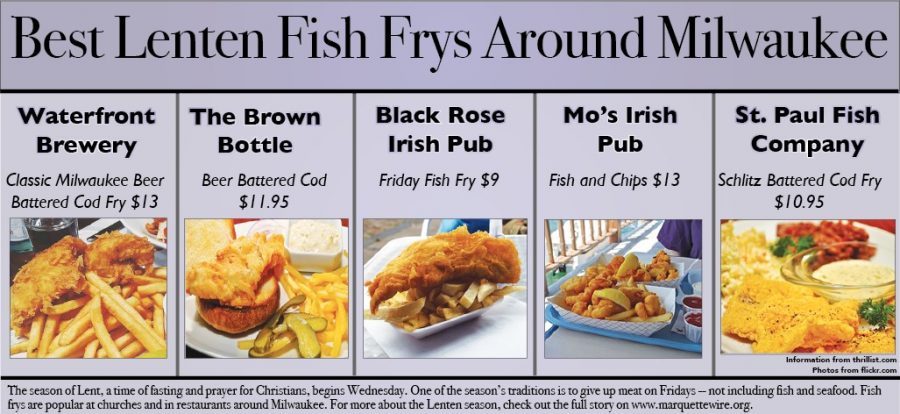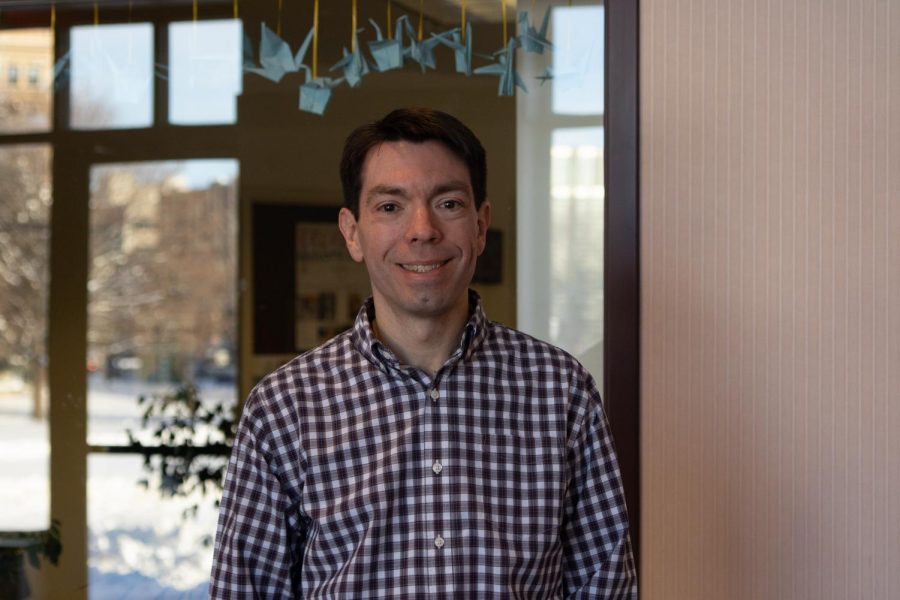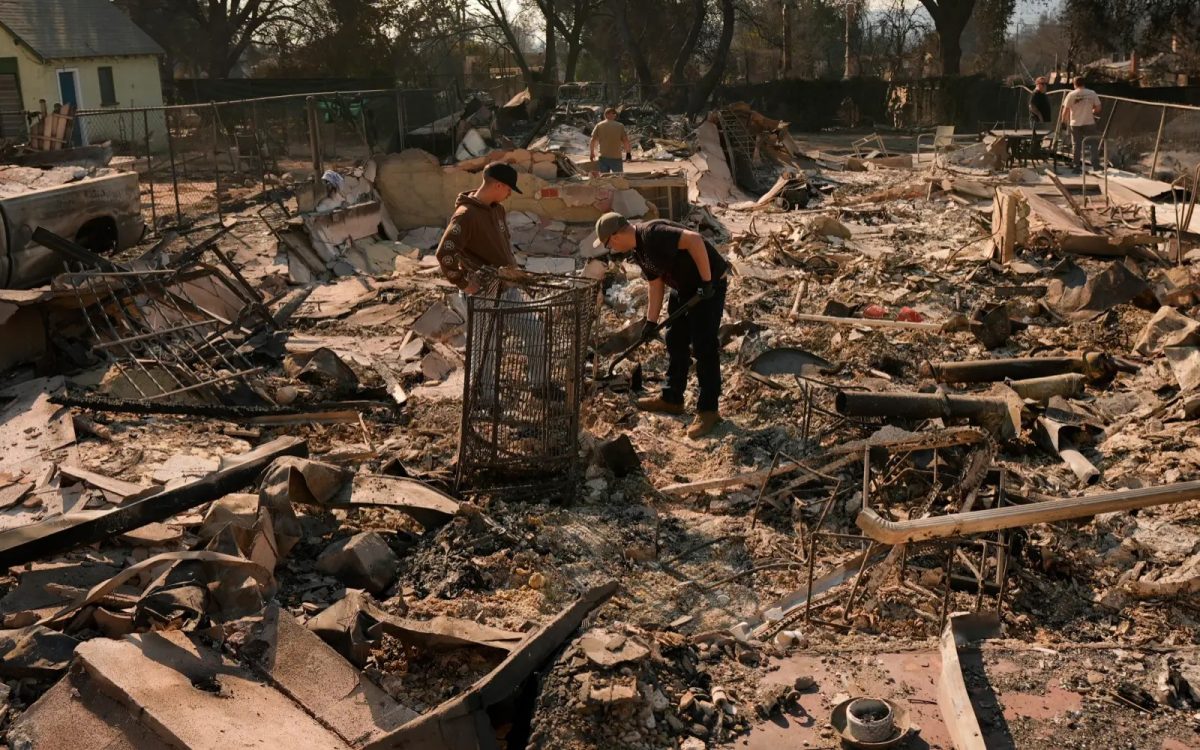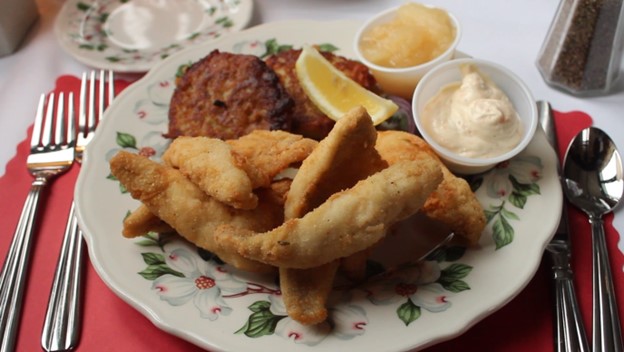If you see a smudge on a friend’s forehead this Wednesday, it’s no mistake. The cross-like mark is there for Ash Wednesday, which signifies the start of Lent.
The Christian season of Lent represents fasting and prayer, a sacrificial period that lasts 40 days. Because Marquette is a Jesuit Catholic campus, many students will use resources from Campus Ministry to observe the celebration.
Steve Blaha, assistant director of Campus Ministry, said Easter is the largest yearly celebration for the Church, celebrating the Lord’s Resurrection. It’s also important for those receiving the Sacraments of Baptism, Confirmation and First Communion.
He described Lent as a 40-day retreat, primarily meant to help those receiving the sacraments at Easter to prepare.
“There is increased prayer, they fast and they give alms to the poor and the rest of the Church does that with them,” Blaha said.
Lent is mainly about conversion of the heart, and figuring out how to live more like a follower of Jesus.
Fasting in order to be in solidarity with the poor, giving more to those in need and increased prayer are all meant to connect Catholics with Christ. During Ash Wednesday, the official first day of Lent, Blaha said Catholics will fast and receive ashes at Mass to remind them of where they stand in the universe.
“This is to remind us that all we are is dust,” Blaha said. “But, with God, we hope for life and its fullness in this life and beyond. But, without God, we’re nothing but dust.”
To become more focused on the Lenten season, many Christians make sacrifices and give up things that they are used to indulging in, such as sweets and soda.
“During the Lent season, you’re supposed to give something up to emulate him and what he did for us,” Nick Malik, a sophomore in the College of Communication, said.
He explained that Lent changed for him as he’s grown older, and is less of an obligation and more of a personal choice.
“As you get older, it’s about trying to emulate Christ in some Earthly way and giving up something you love for 40 days, like he gave up his life for us,” Malik said.
Malik said he usually gives up soda and tries to cut down on sweets in general.
Brian Martindale, a sophomore in the College of Arts & Sciences, is in the same boat when it comes to giving something up for Lent.
“I’m giving up sweets. I know this is sort of what everyone gives up, but for me it’s one of the few things in my life that I really don’t need but use a little too much of,” Martindale said. “I want to focus less on the things I don’t need so I can focus more on the things I do need, especially my relationship with God and those around me.”
Another trademark of Lent is the promise to not eat meat on Fridays.
“Friday is the day Christ died. On that day, we abstain from meat,” Blaha said. “That used to mean all different forms of meat, but slowly the meat of fish and water creatures have crept in, and now folks will go to a fish fry during a Friday of Lent.”
While the tradition started because of Lent, the breaded fish, french fries, rye bread and coleslaw combination is popular enough that restaurants in Milwaukee host fish frys throughout the year.
Campus Ministry hosts a Stations of the Cross prayer service every Friday during Lent with a fish fry following. They will be touring local parishes for meals and shared community during this sacrificial season.
Zach Barbeau, a senior in the College of Business Administration, is involved with Campus Ministry. He spoke on fish frys they will be putting on every Friday during Lent when school is in session. There will be a Mass at 5 p.m., after which students will carpool to a local church for a fish fry.
“I think our fish fry excursion is a way to get students involved and meeting each other,” Barbeau said. “Our leaders ask questions that get you in the mood to question your life and find ways to reflect.”








